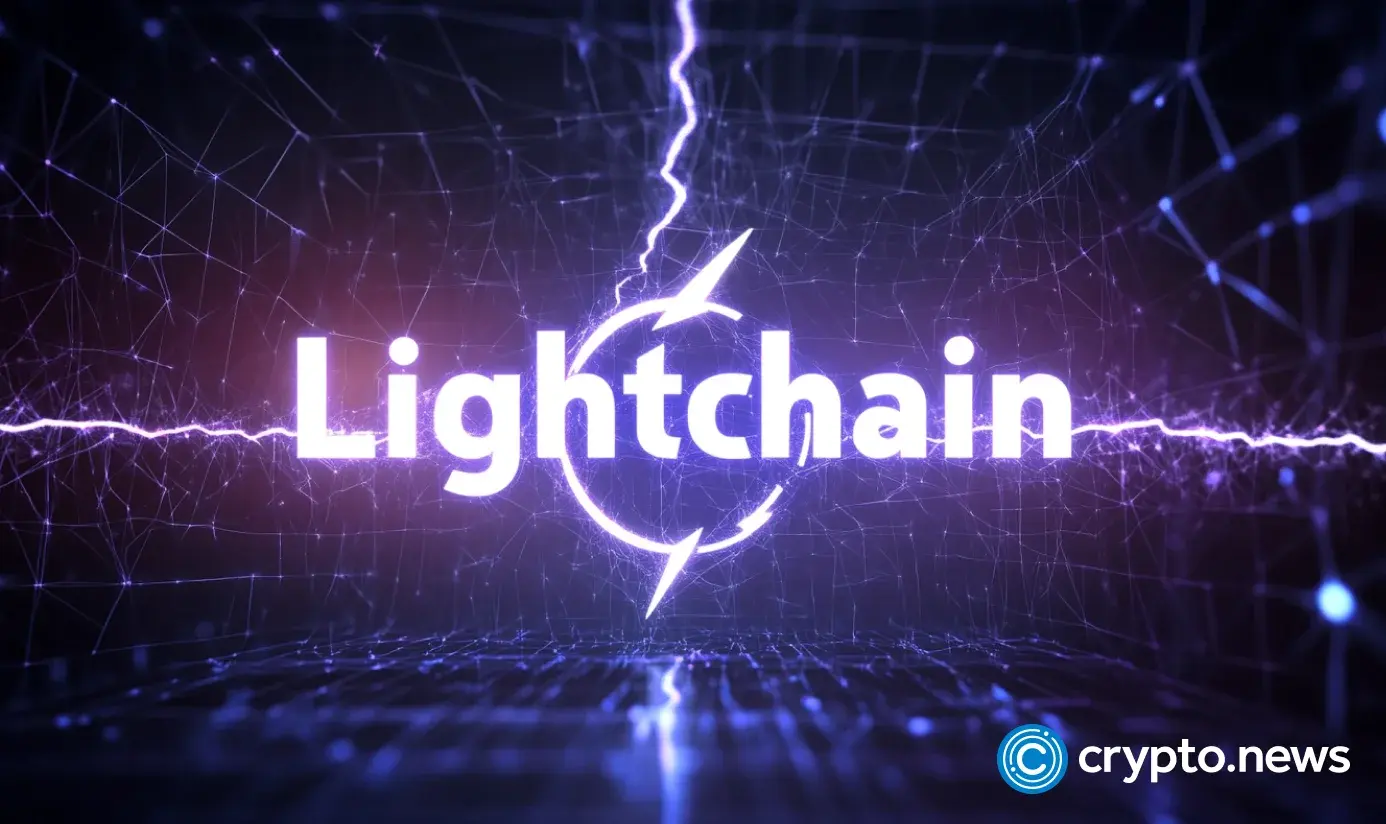In context: Arm canceled Qualcomm’s license in October after years of intellectual property clashes. The company announced that, following a 60-day notice period, Qualcomm would no longer be allowed to produce its own chips based on Arm’s technology. The decision was a shocking escalation that heightened tensions between the two companies. However, both sides mysteriously went silent afterward – until now. As the deadline approaches, there are finally new developments.
The legal showdown between chip giants Qualcomm and Arm is unfolding this week in a Delaware courtroom. The jury trial began Monday with opening arguments, and each side is allocated approximately 11 hours to present their case by Friday.
Key witnesses expected to testify include Arm CEO Rene Haas, Qualcomm CEO Cristiano Amon, and Qualcomm Vice President Gerard Williams – founder of Nuvia, the AI chip startup Qualcomm acquired in 2021 for $1.4 billion.
Also see: Arm vs Qualcomm: mutually assured destruction
At the heart of the dispute is whether Qualcomm’s existing agreements with Arm extend to Nuvia’s chip designs post-acquisition. These designs serve as the foundation for Qualcomm’s new AI processors for PCs, unveiled earlier this year. Microsoft and PC manufacturers are betting that these energy-efficient chips will enable Windows devices to compete more effectively against Apple’s M-series processors, potentially reclaiming market share in the laptop space.

Arm claims that Qualcomm’s acquisition of Nuvia brought with it licensing terms distinct from Qualcomm’s existing agreements, requiring renegotiation to use Nuvia’s chip designs. Qualcomm, however, contends that the technology behind its custom AI chips falls under its current licensing rights from Arm, negating the need for a new deal.
Rather than monetary damages, Arm is pursuing a far more drastic measure – it wants Qualcomm to destroy the Nuvia-based chip designs entirely.
Although the licensing fees Qualcomm pays to Arm are relatively small for a $176 billion company, the trial’s outcome could have profound implications.
A victory for Arm could not only jeopardize Qualcomm’s ambitions in the PC market but also disrupt its smartphone processor business. That’s because the disputed Nuvia technology forms the foundation of Qualcomm’s Oryon CPU cores, which power the company’s latest Snapdragon processors for laptops, smartphones, and even automotive applications.
Analysts suggest that the license cancellation may be a strategic move by Arm to pressure Qualcomm into resolving the dispute through negotiation rather than litigation. However, if Arm proceeds with the cancellation – a scenario considered unlikely – it could trigger significant consequences for both companies due to their deeply intertwined business relationship.









Leave a Comment